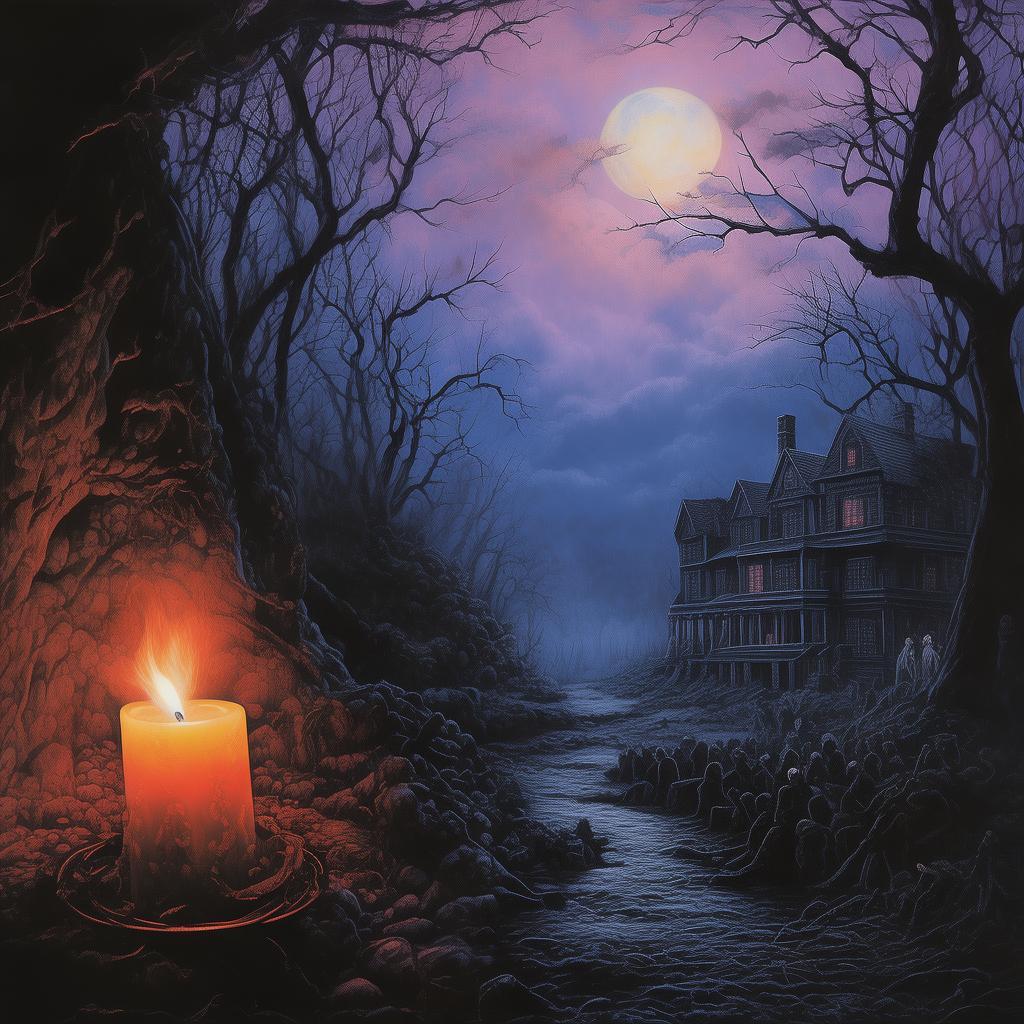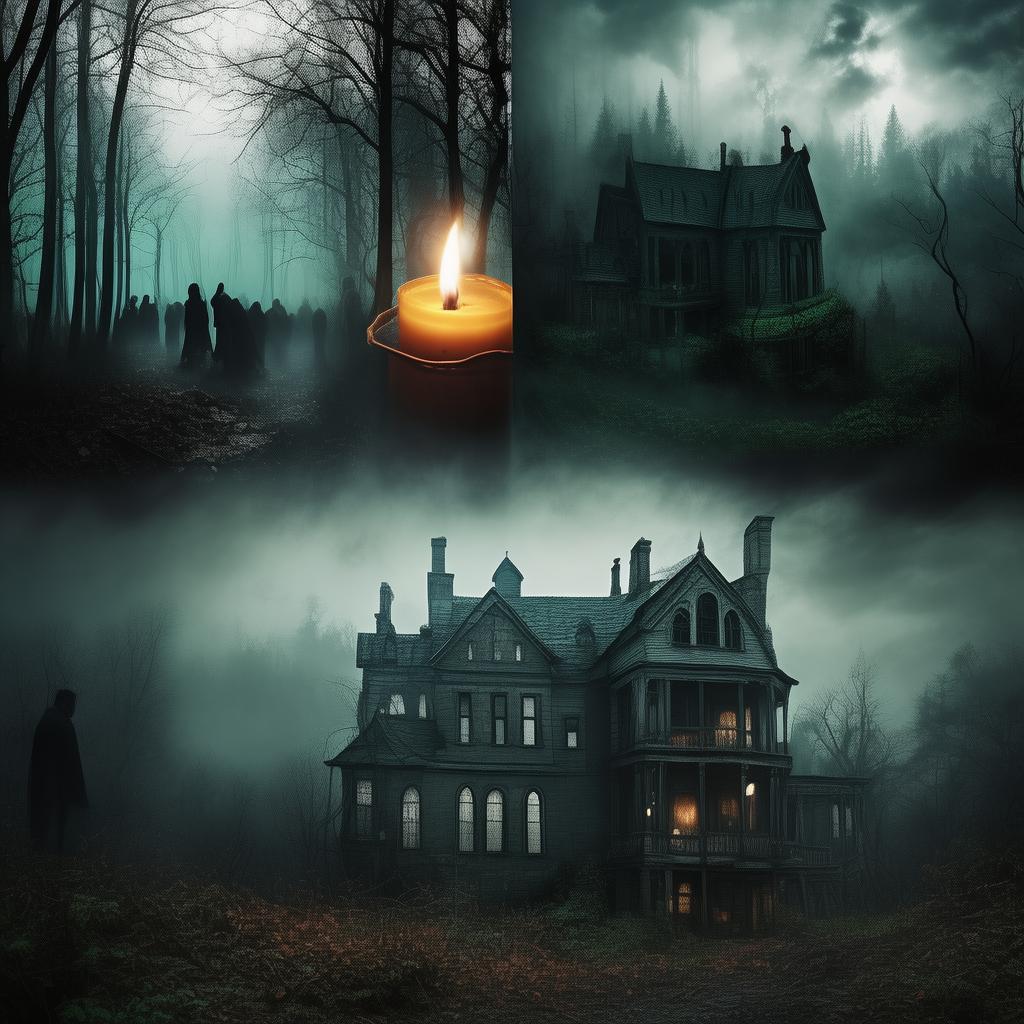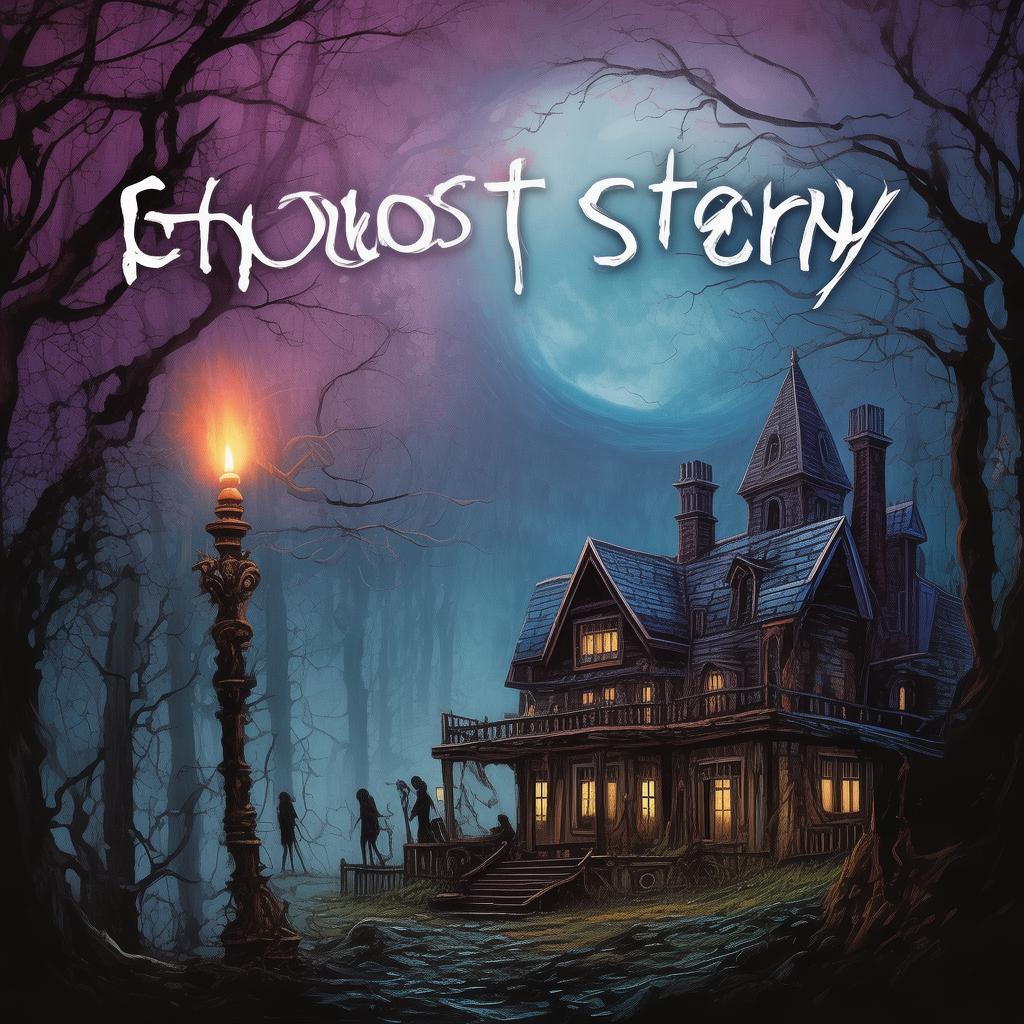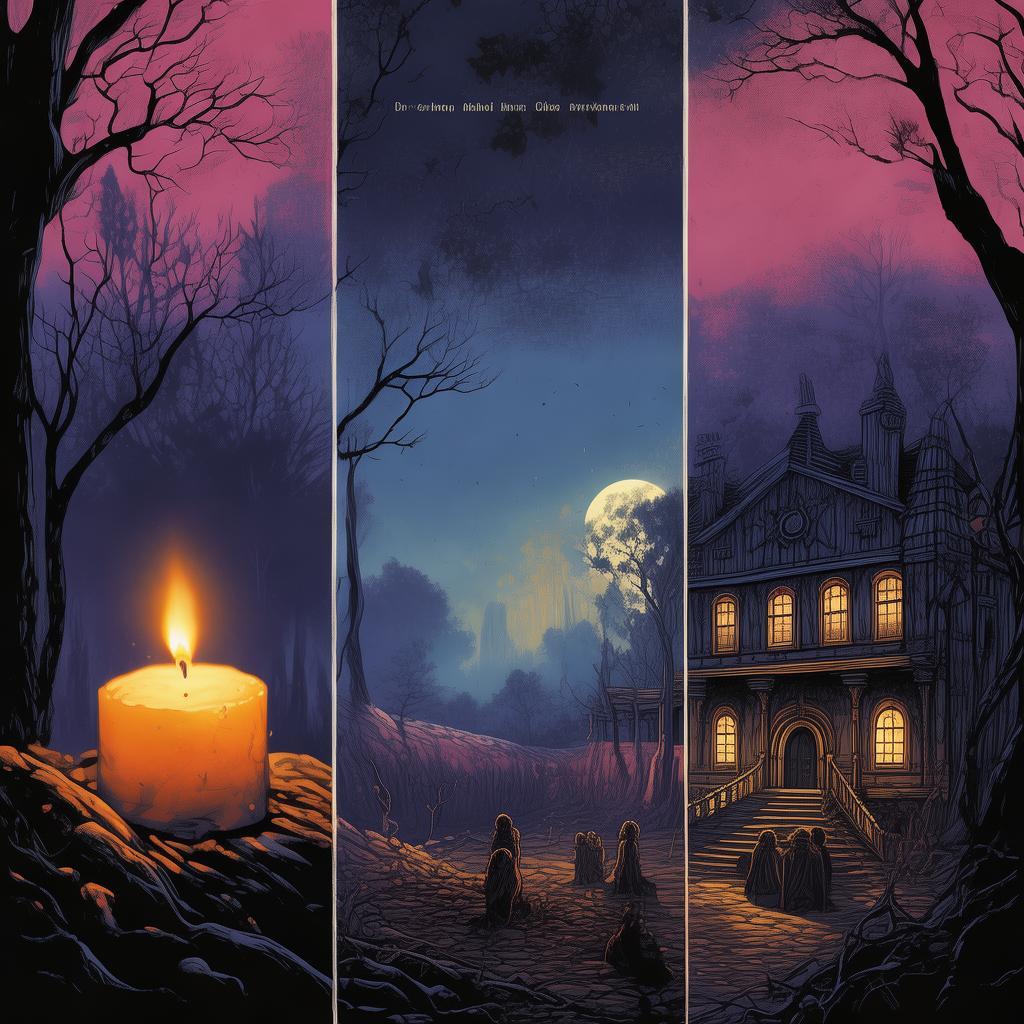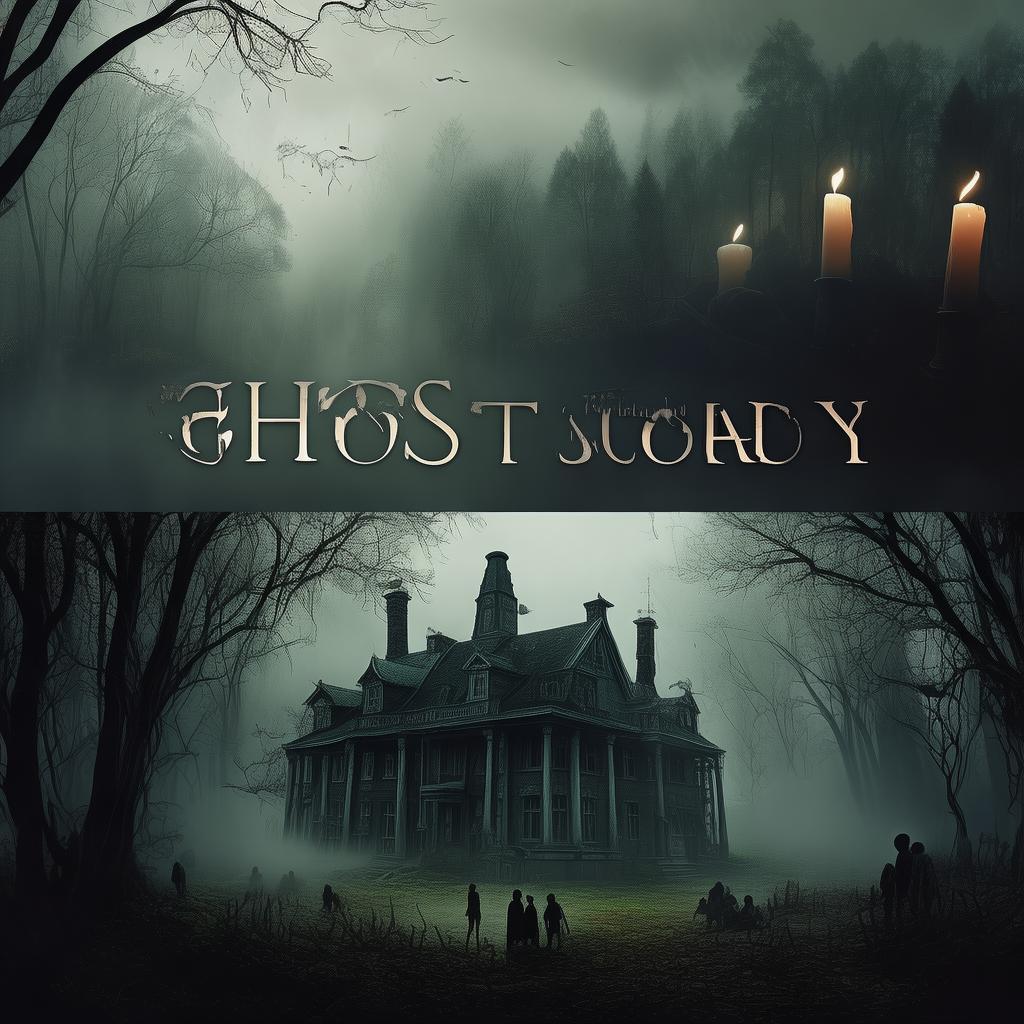The Last Performance
In the heart of the dilapidated theater, where the echoes of laughter and cries of despair still lingered, an actor named Thomas stood at the center of the stage. His eyes scanned the dimly lit space, the air thick with the scent of dust and the ghostly whispers of forgotten stories. Tonight, he would perform the play that had haunted him since his youth—a play that was said to be cursed.
The theater had been abandoned for decades, a relic of a bygone era, its grandeur now replaced by decay. Thomas had always been drawn to its mystique, and now, as the curtains drew near, his heart raced with a mix of fear and excitement.
The play, "The Last Performance," was about a tragic actor who was consumed by his own obsession with fame. It was said that the actor's spirit had never left the stage, bound to the theater by his unfulfilled ambition. Thomas had always dismissed the superstitions as mere folklore, but as the opening night approached, he found himself increasingly haunted by the play's eerie history.
The first act was set in the 1920s, and Thomas felt the weight of the years pressing down on him as he stepped into the role of the obsessed actor. He opened his mouth to speak, but instead of the lines he had memorized, a haunting voice echoed in his mind, "You are not worthy."
Shivers ran down his spine, and he glanced around, but the theater was empty. The voice was his own, yet it seemed to come from everywhere. He continued, but each word felt like a struggle, as if the spirits were fighting to take control.
As the second act unfolded, Thomas found himself more and more absorbed by the character's obsession. He became obsessed with the idea of breaking the curse, of proving to the spirits that he was different, that he was worthy. But as the night wore on, the spirits grew stronger, their influence seeping into Thomas's thoughts and actions.
By the third act, Thomas was no longer himself. He was consumed by the character's mania, his eyes wild, his voice a haunting siren call. The audience was mesmerized, their gasps and applause a testament to the performance that was unfolding before them.
It was during the climax of the play that Thomas realized the truth. The curse was not just a story; it was a reflection of his own life. He had been driven by ambition, by the desire to be remembered, and now he was paying the price. The spirits were not just haunting the theater; they were haunting him.
With a scream, Thomas leaped from the stage, the audience in shock. He ran through the empty corridors, the spirits chasing him, their voices growing louder and more insistent. He stumbled into a room he had never seen before, the walls lined with photographs of the original actor, his face twisted in madness.
In that moment, Thomas understood. The spirits were not just ghosts of the past; they were the ghosts of his own ambition. He had to break the curse, not just for the theater, but for himself.
With a newfound resolve, Thomas faced the spirits, his eyes filled with determination. "I am not the man you think I am," he declared. "I am not driven by the desire for fame. I am driven by the desire to make a difference."
The spirits hesitated, their eyes flickering with confusion. Thomas took a deep breath and stepped forward. "I will perform this play, but I will do it with honor, with respect for the character and the story. I will not let my ambition consume me."
The spirits seemed to understand, their presence fading as Thomas spoke. He turned and walked back onto the stage, the audience now silent, their eyes wide with a mix of fear and wonder.

As the play reached its conclusion, Thomas delivered a powerful performance, his voice filled with emotion and sincerity. The audience erupted into applause, their cheers a testament to the truth he had spoken.
The next morning, Thomas woke up in his own bed, the events of the night a vivid dream. He knew the spirits were still there, but he also knew that he had broken the curse. He had faced his own ghosts and come out stronger.
The theater remained abandoned, a silent witness to the struggle that had taken place. But Thomas had found peace, and with it, a new purpose. He had become a ghost of the global stage, not just a performer, but a guardian of the truth.
And so, the story of "The Last Performance" was told, not just as a play, but as a lesson. A lesson about ambition, about the dangers of obsession, and the power of self-discovery.
✨ Original Statement ✨
All articles published on this website (including but not limited to text, images, videos, and other content) are original or authorized for reposting and are protected by relevant laws. Without the explicit written permission of this website, no individual or organization may copy, modify, repost, or use the content for commercial purposes.
If you need to quote or cooperate, please contact this site for authorization. We reserve the right to pursue legal responsibility for any unauthorized use.
Hereby declared.


